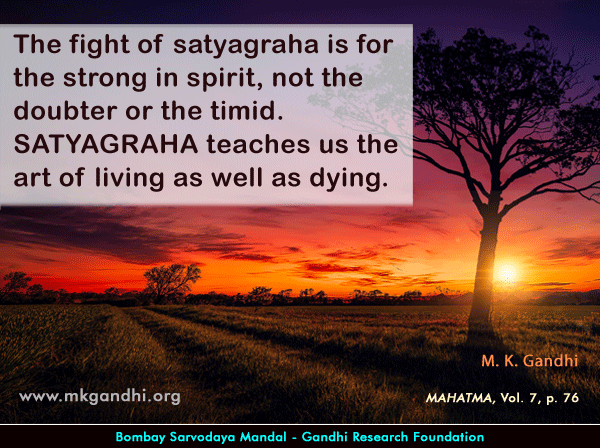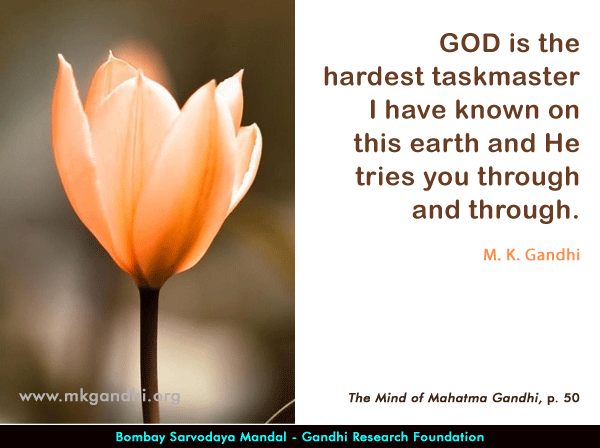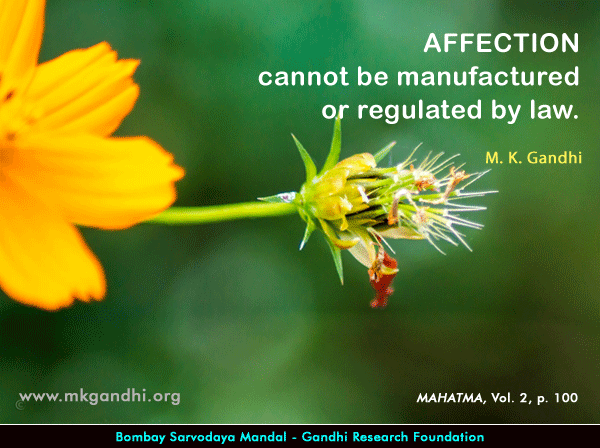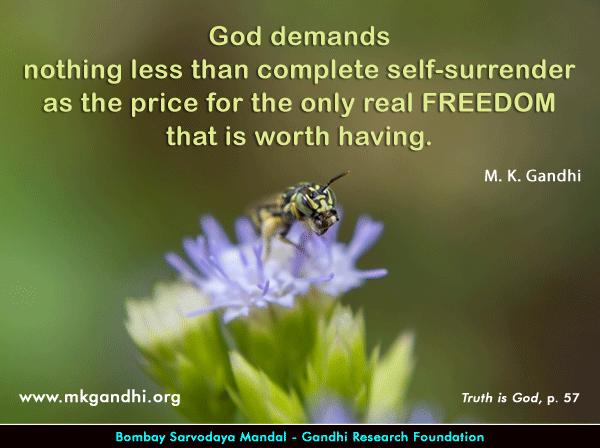Gandhi Journal Article-III ( JUNE 2017 )
THAMBI NAIDU - 'Lion Like' Satyagrahi in South Africa
By E S Reddy
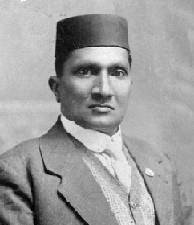
One of the first satyagrahis in the movement of 1906-14 in South Africa and a most loyal and courageous colleague of Gandhiji was Govindasamy Krishnasamy Thambi Naidoo.1 Apart from defying the law and going to jail many times, he made a crucial contribution in mobilising the Tamils in the Transvaal to participate in the satyagraha and the workers in Natal to strike for the abolition of an unjust tax which caused enormous suffering.
Thambi Naidoo was born in 1875 in Mauritius where his parents had migrated from Madras Presidency.2 According to his daughter, Thayanayagie (known as Thailema), his father was a prosperous fertilisers and cartage contractor in Mauritius. Thambi was his youngest son. One day, his father said to him, “You are my youngest son. You must think of the people before you think of yourself”. Thailema continued:
“My father was very impressed by his father’s seriousness when he said these words and he took them to heart and afterwards built his life on them and taught them to us his children”.3
READ FULL ARTICLE
